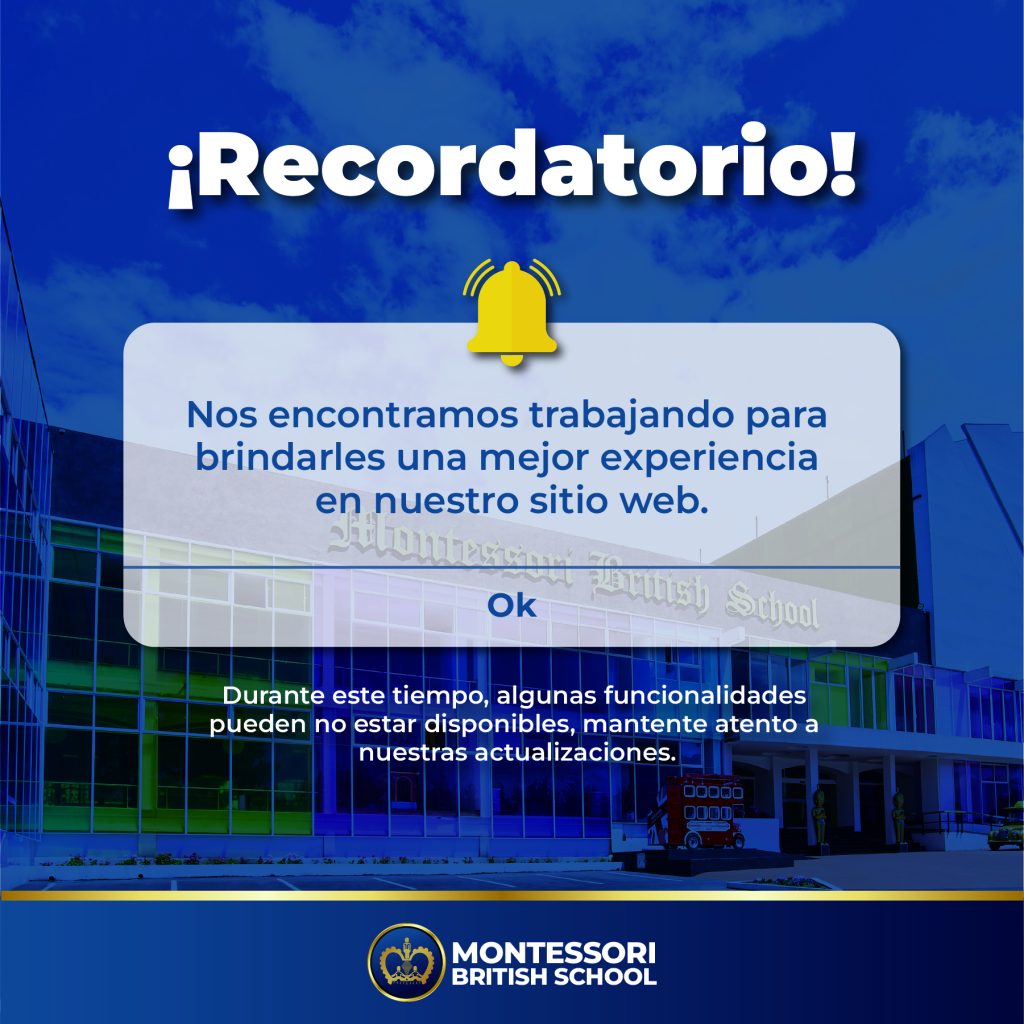
In recent decades, with the rise and advance of technology, entrepreneurship has become one of the most important pillars to achieve professional and personal success.
Aware of this fact, the Montessori British School has long since included the Junior Business Administration program in its academic curriculum, taught to children from an early age, the purpose of which is to train a generation of entrepreneurs who manage to generate change with their ideas. It is a business class for children that is taught from 5th grade and that addresses complex concepts in a dynamic, creative, and collaborative way in order to develop in students a vision of leadership and entrepreneurship through knowledge in administration applicable for the future.
About the Junior BA Program
The implementation of this project came about thanks to MBS principal Claudia Díaz’s Executive MBA experience at Northwestern’s University’s Kellogg School of Management—one of the world’s top 5 programs. It was thus decided that from an early age students would learn and apply administration concepts in order to become businessmen and true entrepreneurs, regardless of their eventually chosen profession.
This type of experiences instills in students, from a very young age, the idea that when they graduate they can not only do so with consolidated companies that started with a mere sandwich, but also with the help of technology and virtuality instead of large infrastructures. After all, the role models of this new generation have been young people like Mark Zuckerberg and Dustin Moskovitz, creators of Facebook; Kevin Systrom, creator of Instagram; and, at the time, Steve Jobs, creator of Apple. All of them, young people who dared to think differently and fight to achieve their dreams; all of them currently occupying the lists of the most successful and wealthiest entrepreneurs in the world.
War of the sandwiches
In order to transform the theoretical into something practical, and knowledge into something meaningful and relevant, year after year Junior Business Administration students carry out final projects that challenge them to see the world differently, to open their minds, and to innovate with more elaborate creations as their knowledge increases. This is the case of a project developed by 5th grade students: a sandwich competition, the winner of which is chosen according to profits obtained during the day.
However, this exercise is far more than a simple sale: it is the result of prior planning, creation, and scheming. This is how students learn concepts —such as the four Ps— while reinventing a sandwich, setting prices accordingly, advertising via original campaigns, and finally understanding the importance of retail space. All these items will make a future difference among their competitors.



